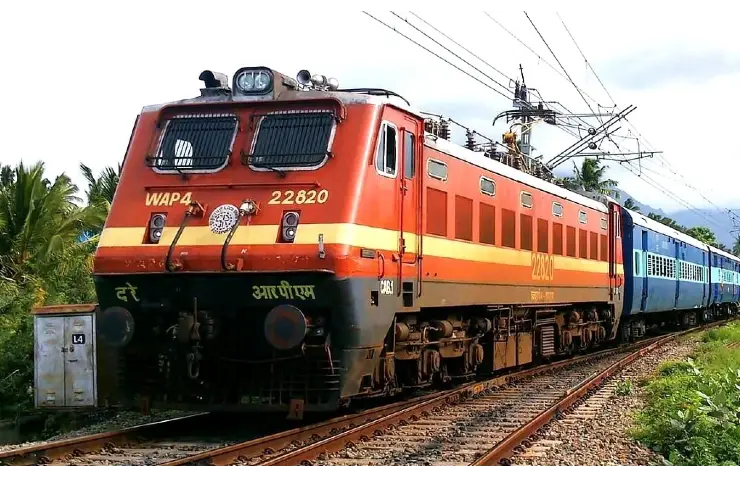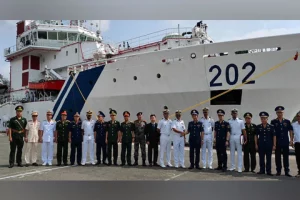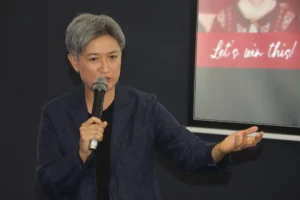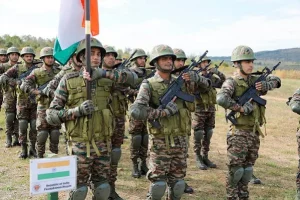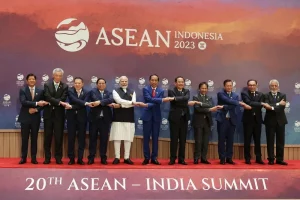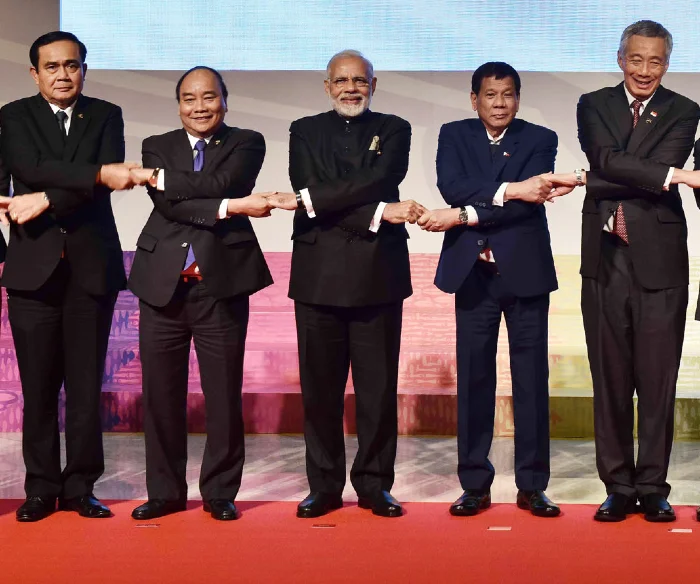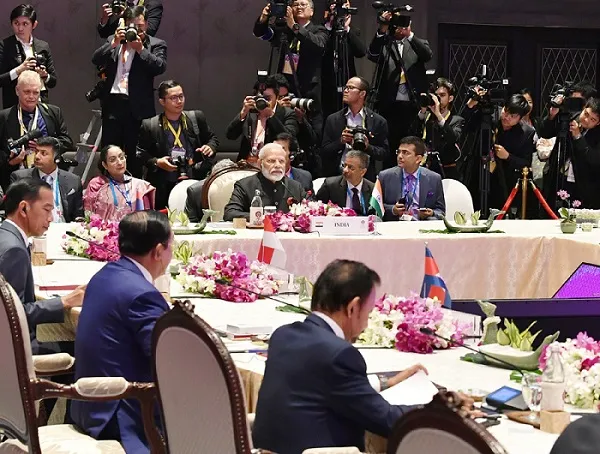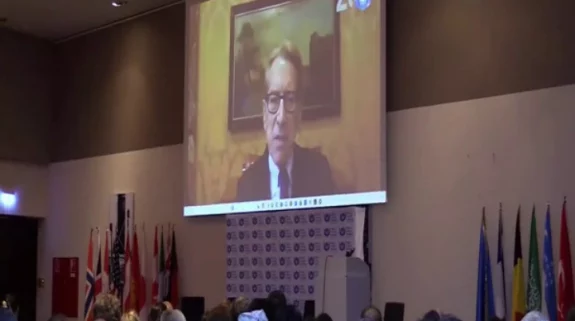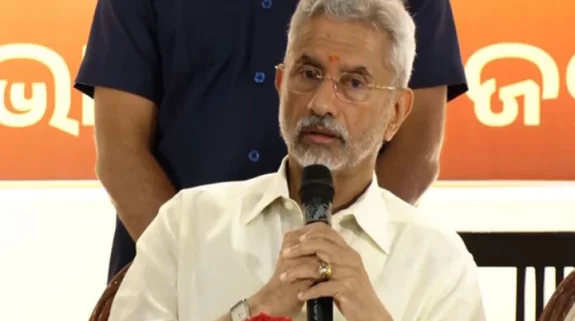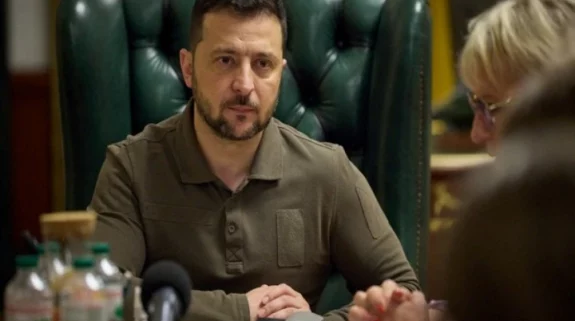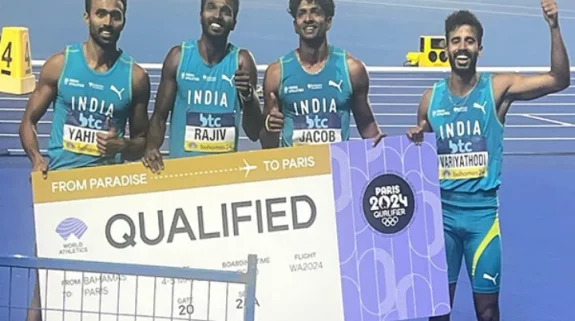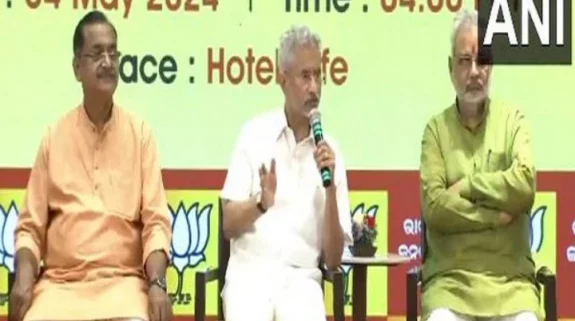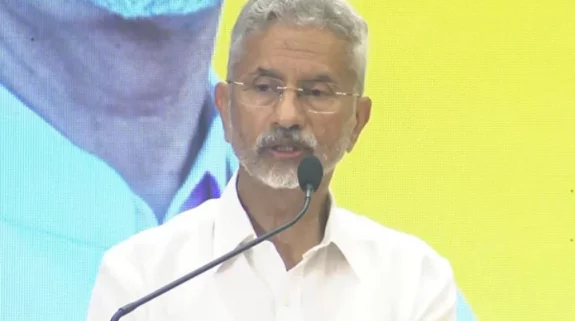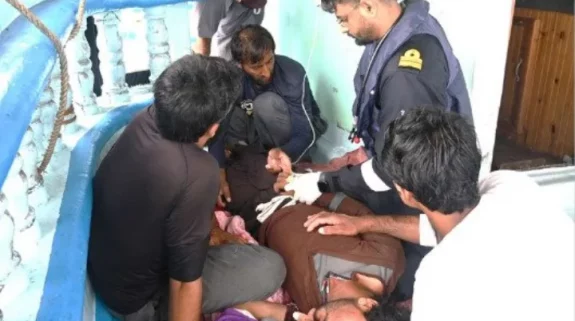The Ministry of Railways has taken steps to initiate the final location survey of the Imphal-Moreh railway line project in Manipur. The railway line will connect India to Myanmar and eventually link the country to southeast Asian nations through the proposed Trans-Asian Railway.
Union Minister of Railways Ashwini Vaishnaw said on Wednesday that the railway line from Imphal to the India-Myanmar border town of Moreh was "strategically important".
He tweeted: "Considering the strategic importance, we will go ahead with Imphal – Moreh new line project. The final location survey will start within next 4 weeks".
Considering the strategic importance, we will go ahead with Imphal – Moreh new line project. The final location survey will start within next 4 weeks.#Infra4India pic.twitter.com/LWAvF0jHiC
— Ashwini Vaishnaw (@AshwiniVaishnaw) January 5, 2022
India plans to build a 111 km Imphal-Moreh broad gauge line. Once constructed, the new line will form an important part of the proposed Trans-Asia Railway network, giving a boost to economic activity in north-east India.
This also fits well with the government's Act East policy. With India increasing its engagement with the Association of Southeast Asian Nations (ASEAN), the linking up of India, Myanmar, Thailand and other countries will open up the north-eastern states to growth and development.
India also hopes to balance China in south-east Asia and assert its influence among countries with which it has strong historical links. New Delhi is eyeing a number of countries besides Vietnam and the Philippines for defence cooperation as well as business and trade in the region.
Besides south-east Asia, India is continuously strengthening ties with Japan, Taiwan and South Korea as part of its Act East Policy.
The Trans-Asia Railway project seeks to connect Europe to South Asia and eventually link up to ASEAN nations. Developed by the United Nations Economics and Social Commission for Asia and the Pacific (UNESCAP), the plan is to link Europe, South Asia and south-east Asia through Turkey, Iran, Pakistan, India, Bangladesh, Myanmar, Thailand, Singapore, Vietnam and Cambodia.
The project is seen as a facilitator for international trade as well as a catalyst to spur economic growth and development in landlocked countries.






